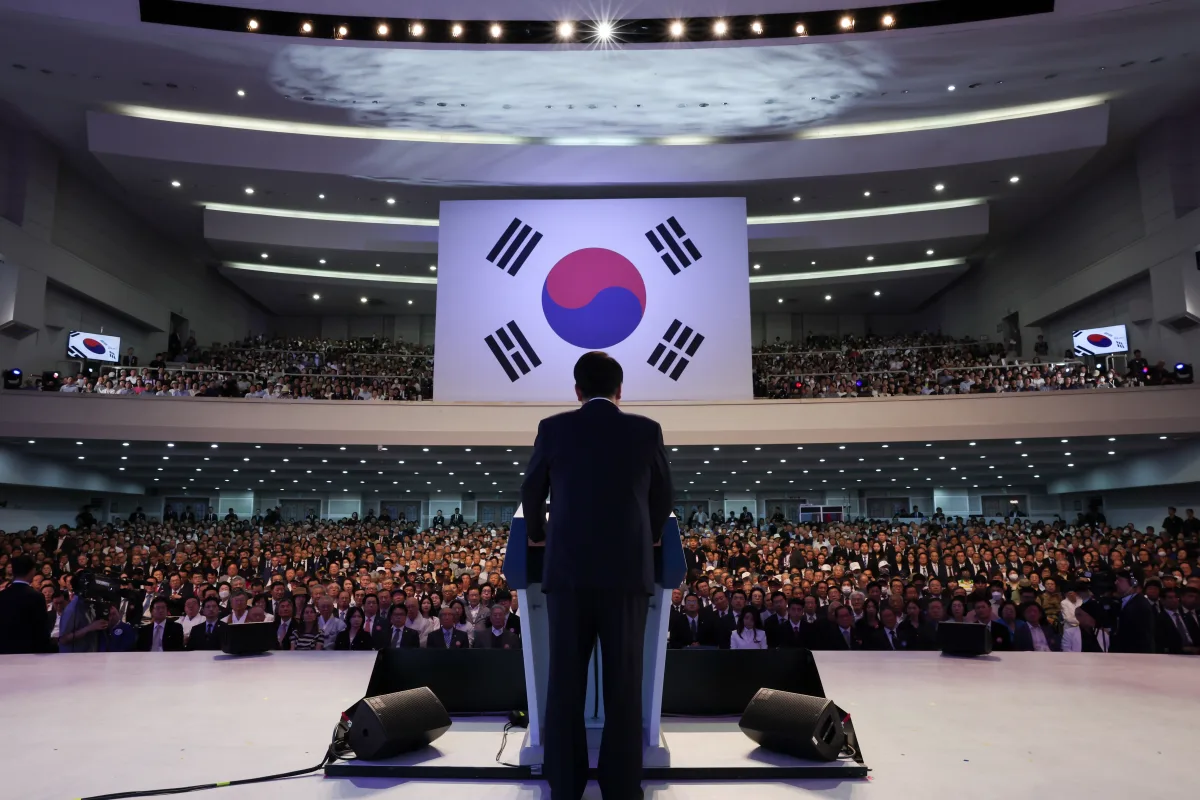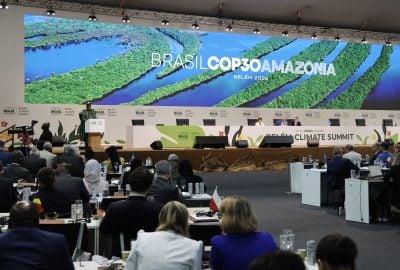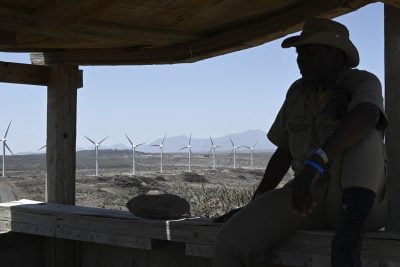Nuclear energy companies from South Korea are lining up to win business from Africa as governments on the continent consider the suitability of nuclear power for meeting their long-term energy needs.
South Korean utility Korean Hydro & Nuclear Power (KHNP) presented its i-SMR technology at COP28 this week, which it says should receive standard design approval by 2028. The firm signed a memorandum of understanding with the Ugandan government earlier this year, while the company’s CEO Jooho Whang gave a keynote address to a nuclear conference in Kampala.
Bum-Jin Chung, president of the Korea Nuclear Society, says that Hwang’s visit to Uganda represents a “solid signal” that the company is serious about advancing its plans in the country. He notes that Uganda’s power system is not yet ready to absorb the quantity of electricity delivered by a large-scale reactor, but says that by 2040, when power demand will have more than doubled, nuclear energy will be highly attractive.
“Nuclear power will be the cheapest option,” he says, noting the advantages of nuclear in providing a stable source of baseload power. “Nuclear power is very expensive in terms of the initial investment,” he admits, but adds that “once it is, once it is built, then the operating and maintenance costs is very cheap”.
South Korea itself has relied heavily on nuclear power to enable its own industrial growth. The country is the world’s fifth-largest producer of nuclear energy and has undertaken a major export drive in recent years. Several Korean companies, including KHNP and the Korea Electric Power Corporation (KEPCO), were part of a consortium that constructed the UAE’s first nuclear power station, which began operating in 2020.
Nuclear links
As the world attempts to fight climate change while increasing energy access, the nuclear option is on the agenda. More than 20 governments worldwide, including Ghana, signed a pledge at COP28 earlier this week to triple nuclear energy generation capacity by 2050.
Only one nuclear power plant, in South Africa, is currently operational on the continent. But a second facility is under construction in Egypt and several other African countries, including Ghana, Uganda and Nigeria, have shown serious interest in joining the nuclear club.
Multiple obstacles need to be overcome before nuclear power can be deployed more widely in Africa. Many critics are unconvinced that nuclear will ever be a viable option for most African countries, given the massive costs and lengthy construction periods needed for large-scale reactors. Environmental and security risks are also major concerns.
Chung says that the grids of most African countries are not ready for a large-scale nuclear reactor. But he says that the emergence of technology for small modular reactors, which deliver much less power than a conventional alternative, can enable nuclear energy to be used more widely in Africa. A country such as Rwanda, he says, which is many years away from being able to absorb the electricity generated in a large-scale reactor, could potentially turn to SMRs in the relatively near future.
South Korean companies face intense competition for a slice of the African nuclear market. Russia’s state-owned Rosatom has already building Egypt’s El Dabaa nuclear power plant and has forged links with multiple African governments. Rosatom, along with its Chinese counterparts, is often able to provide a package deal that includes financing to make its offer more attractive to governments.
While companies like KHNP cannot match this offer, Chung points out that Rosatom may already have overstretched itself and is not able to draw on an infinite supply of government funding.
Meanwhile, Seoul has long been proactive in forging ties with Africa’s nascent nuclear industry. Chung points out that many of Africa’s nuclear engineers were educated in South Korea and “have a connection” with the country. Of the 25 staff at the Kenya Nuclear Regulatory Authority, five were trained in South Korean, along with six or seven of the 45 staff members at the country’s Nuclear Power and Energy Agency.
Want to continue reading? Subscribe today.
You've read all your free articles for this month! Subscribe now to enjoy full access to our content.
Digital Monthly
£8.00 / month
Receive full unlimited access to our articles, opinions, podcasts and more.
Digital Yearly
£70.00 / year
Our best value offer - save £26 and gain access to all of our digital content for an entire year!
 Sign in with Google
Sign in with Google 



